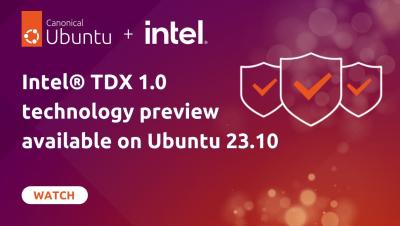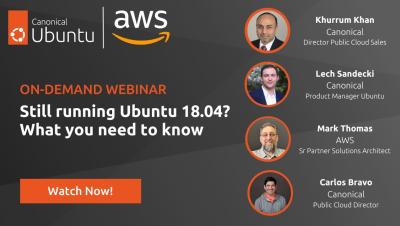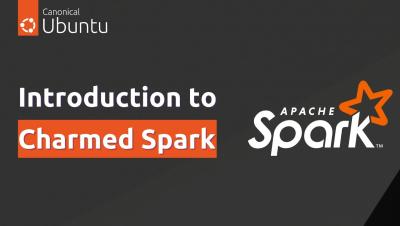Charmed MongoDB: use cases for financial services
Financial institutions handle vast amounts of sensitive and confidential data, including customer information, transaction details, and regulatory compliance records. A trusted database ensures the security and privacy of this sensitive information, protecting it from unauthorised access, breaches, or cyber threats. MongoDB is the ideal fit, and it’s one of the most widely used databases in the financial services industry. It provides a sturdy, adaptable and trustworthy foundation.











